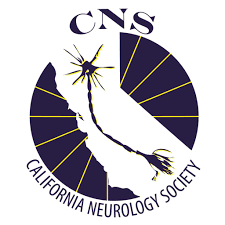Medical Economics Reports on MOC in 2024
ABMS Maintenance of Certification (MOC) is a proprietary continuing education product that to date has no high-quality evidence that it improves patient care. The cost and burden associated with MOC remains a significant factor driving physicians out of medicine.
Key Takeaways
• ABMS's MOC program is criticized for lacking evidence of improving patient care and contributing to physician burnout and exit from practice.
• MOC is effectively mandatory due to its integration into national credentialing systems, despite being labeled as voluntary.
• Surveys show most physicians view MOC as unnecessary and financially motivated, with little clinical value beyond existing CME requirements.
• The MOC program exacerbates physician shortages, impacting patient care access, especially in Healthcare Professional Shortage Areas.
Editor's note: 2024 has been a year of innovation in primary care, from advancements in artificial intelligence to the growing role of value-based care. As we close out the calendar year, our "Best of 2024" series highlights Medical Economics' coverage of the past year's health care trends that have paved the way towards better patient care.
The largest board certification organization in the United States, the American Board of Medical Specialties (ABMS), recently announced a record-breaking number of ABMS-certified physicians in the United States –
988,737 out of
989,323 physicians to be exact – easily cementing its monopoly status for its physician certification enterprise. Amidst their highly profitable business model is a significant, but little known, driver that is exacerbating burnout and hastening the exit of physicians from clinical practice. ABMS Maintenance of Certification (MOC) is a proprietary continuing education product that to date has no high-quality evidence that it improves patient care. The cost and burden associated with MOC remains a significant factor driving physicians out of medicine.











